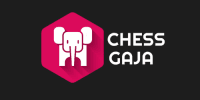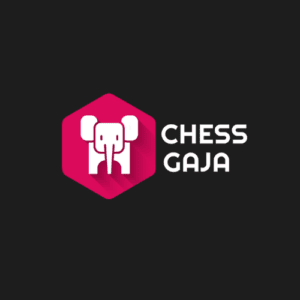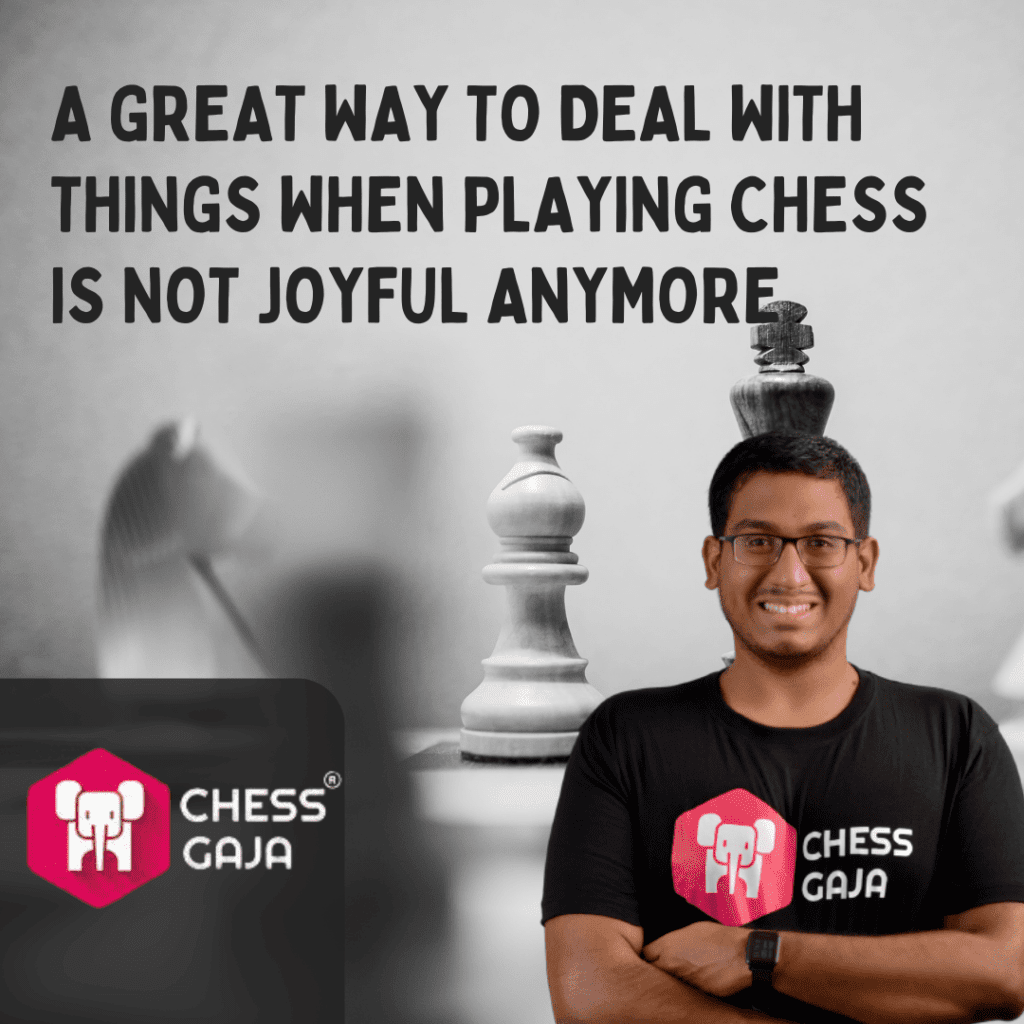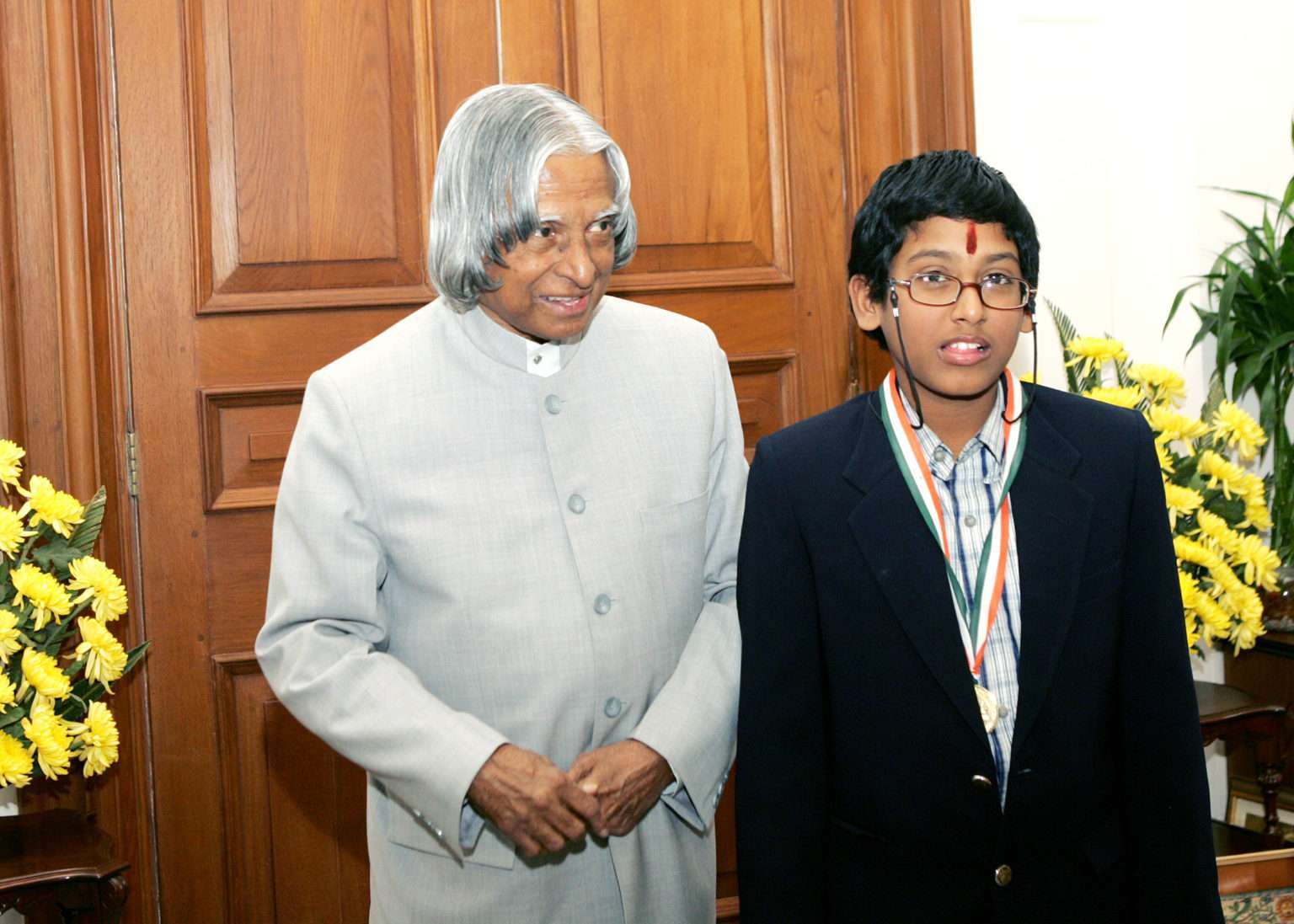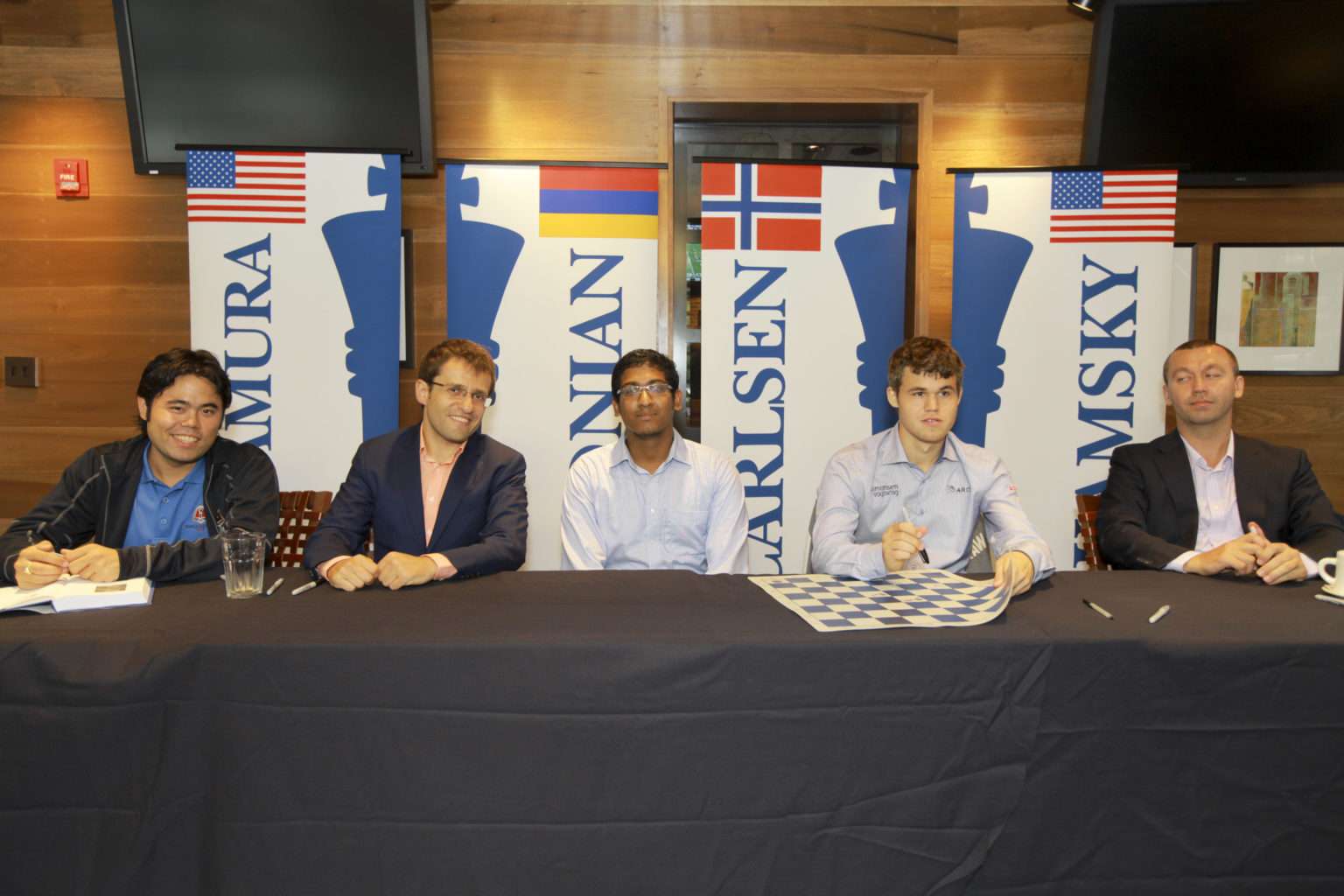Hello,
Let me start this newsletter with a question? What was your first encounter with the chessboard, and was it a positive one?
As you rewind your memories, you all would have this positive, joyous feeling gushing through your mind. You would say something magical and joyful about the Chess that attracted you to the game!
Do you feel the same magic even after pursuing the game for a few years now, where you can consider yourself an active chess player, playing tournaments at regular intervals and training throughout the year to get better at Chess?
The answer now would not be an unequivocal YES. Many of us would have lost the JOY somewhere in the process and would be playing just for the sake of winning or for the trophies or the cash prize or due to parental pressure!
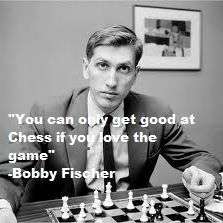
As a 6.5-year-old, when I first saw the chessboard at my home, something mystical about the board and the pieces drew my attention. So every day right after school, I would come home and set up the board and play for both sides without any formal chess learning!
That’s how my story for Chess began, and 22.5 years later, here I am as a Chess Professional/GrandMaster/Coach/Author, still feeling the JOY being around the chessboard.
Why am I saying all this now in this newsletter? I see kids losing sight of what Chess means to them more often as they increasingly become result-oriented.
When do we start losing JOY in the game?
We start playing Chess as we like the game, and as we keep getting better as a chessplayer, we become more competitive, and we start chasing the results.
This is the moment we generally start to lose track of why we at first started to play the game, as we start to chase the results more and lose sight of the JOY in the game.
When you lose the JOY behind your actions and look at Chess 100% as an exercise of winning or losing, you have destroyed the beautiful connection you had with the game.
When we look at Chess as an exercise, we start over-preparing, overthinking and losing the primary connection we had with the game!
What to do if you have lost JOY in the game?
If you are working on Chess day in and out and feel the spark is missing in your game, I suggest you take a break for a few days and slow down the learning.
To rejuvenate yourself, do simple things in training like solving basic tactics and doing something that you enjoy when you play Chess.
In such situations, I highly suggest you step back, catch a breath, enjoy the game’s beauty, and get back to the game with fresh eyes and thought processes.
Remember: You started to play Chess in the first place because you ENJOYED the game. Therefore, the result should be a byproduct of you enjoying the game.
Should I not play for competitive results?
I am not telling you that competing for $$$ or shiny medals is bad. On the contrary, competing and winning makes us feel very accomplished and validates our idea that we are getting good at a particular activity.
I want to point out that your self worth as a chess player should not be tied to increased rating points or becoming the champion in the tournament.
There will always be multiple moments in your chess career when you feel like, Why am I playing Chess? There seems to be no purpose? This thought is generally heightened when you have terrible tournament results! Every such moment when you feel like that, remember the following.
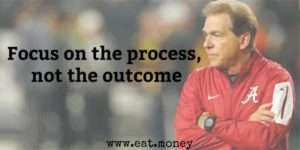
Remember: You are playing the game because you loved it and not because of having good or bad results!
The best athletes in sports reached the pinnacle of success. They consistently trained with the right attitude and training sustainably. They got JOY from pursuing the Sport and were not only focusing on the results.
A few examples of extraordinary success in Sports are Vishwanathan Anand in Chess, Ronnie O’Sullivan in Snooker, and Serena Williams in Tennis.
The next time, when you set up the chessboard, feel the JOY and Curiosity that you felt when you saw the chessboard for the first time, and play the game!
I hope you liked the article! If you do, please share it with your friends and also, in the comments box, let me know what topics would you be interested in reading in future blogs!
If you have a different opinion on anything mentioned on the blog, please share that in the comment section!
Regards
GrandMaster and FIDE Trainer Priyadharshan Kannappan
